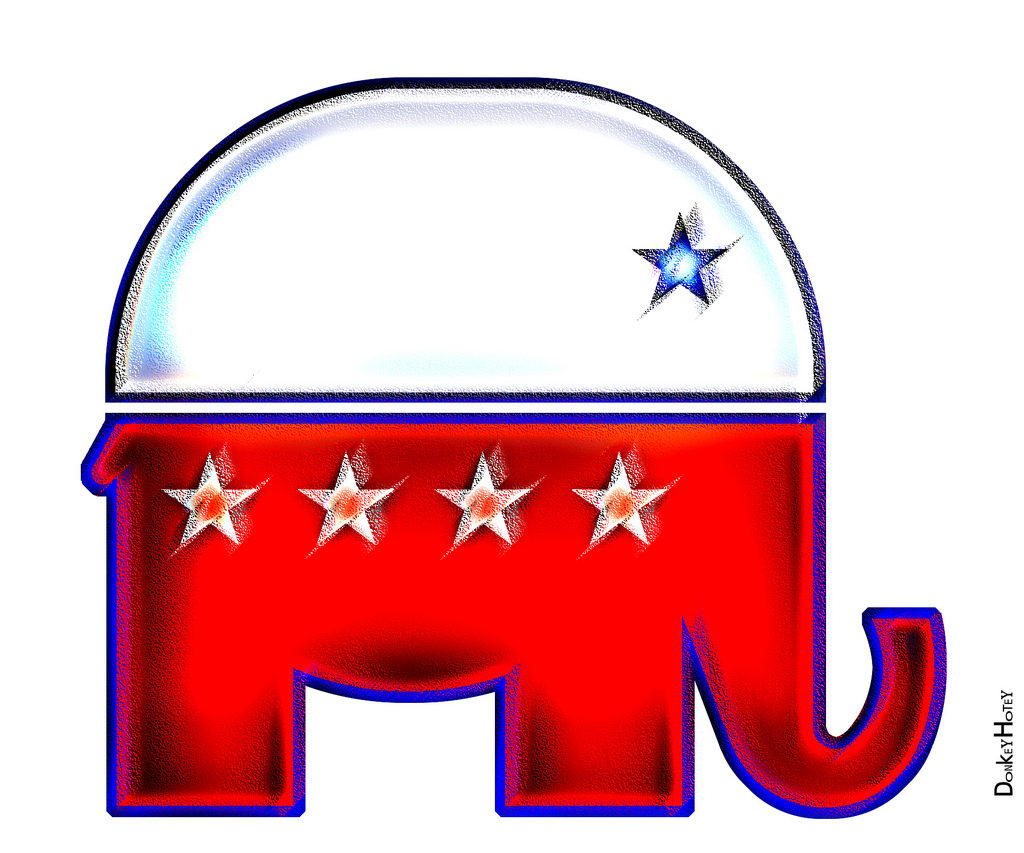“The bias has to stop,” House Majority Leader Kevin McCarthy (CA-23) said upon the revelation that Twitter is engaging in “shadow banning” the accounts of “prominent Republicans” in search results on their platform, hiding them from others to see when searching a topic. In a response, the tech giant says this is a “side affect” of its strong attempts to “improve the quality” of social discourse online through its platform, not a targeted tactic.
In a report from VICE News, within Twitter’s auto-populated drop-down search box, the correspondence from Republican National Committee (RNC) Chairman Ronna Romney McDaniel, several conservative Republican congressmen, Trump Administration officials, and others in the Republican sphere are no longer appearing to be seen by the public. The plan from Twitter that was set to curb the messages from “prominent racists” on the platform has also lumped in notable Republicans. On the other side of the political spectrum, though, not one single member from the 78-person Progressive Caucus is caught up in the shadow ban, nor are any prominent liberals.
“The notion that social media companies would suppress certain political points of view should concern every American,” McDaniel said. “Twitter owes the public answers to what’s really going on.”
In March, Twitter announced a new program to battle against “troll-like behaviors” on its platform, mostly those who were spreading hate speech online. After changes were made to algorithms and the way in which accounts appear when searches are conducted, a Twitter spokesperson said the measure resulted in, “people contributing to the healthy conversation will be more visible in conversations and search.”
“In our early testing in markets around the world, we’ve already seen this new approach have a positive impact, resulting in a 4% drop in abuse reports from search and 8% fewer abuse reports from conversations,” a blog post from the social media platform said. “That means fewer people are seeing Tweets that disrupt their experience on Twitter.”
The results also show that Republican profiles have been tagged in the shadow ban, but the evidence shows that it is not a pattern of anti-conservative bias since some Republicans still appear. As well some account users like Alex Jones from InfoWars are still able to be found, even though they were the ones originally targeted with the measure.
When an spokesperson with Twitter was asked about why only conservative Republicans appear to be affected and not liberal Democrats,” they answered: “I’d emphasize that our technology is based on account *behavior* not the content of Tweets.”
Even if the shadow banning is a bit of a tech bug and not grand feature to curb hate speech, as has been found, this situation could end up as another political liability for the social media company.
Conservatives, elected and unelected, have claimed for months that big tech is censoring speech from those on the right side on the political spectrum. The Republican-led House Judiciary Committee convened last week in a second meeting where representatives from Twitter, Facebook, and Google were grilled by conservatives because of this.
Reportedly, Republican Matt Gaetz (FL-1) had a less than praising exchange with representatives from Twitter during the meeting. A spokesperson for the congressman said, “It is curious that these allegations would arise the week following Congressman Gaetz’s heated exchange with Twitter senior executives before the House Judiciary Committee.”
Democrats have largely ignored the discriminatory claims. At a hearing in April where top-Trump conservative socialites Diamond and Silk’s appeared, the committee’s top-ranking Democrat Jerrold Nadler (NY-10) said the notion that big tech would engage in the censorship of conservatives is a, “‘hoax’ and a ‘tired narrative of imagined victimhood’ that was eclipsing other priorities like election security and online privacy,” according to the report.
Regardless of eye rolling on behalf of Democrats, Facebook and Twitter appeared to have taken the conservative criticism seriously, working to arrange meetings and public reviews aimed to build up trust with influential figures on the right. With the incident involving Diamond and Silk, Facebook publicly apologized to the duo in front of Congress.
This morning it was reported that Twitter appeared to have re-adjusted its platform measure overnight to ensure that prominent Republican are no longer shadow banned. Nevertheless, the changes still makes conservatives wary.
“This type of opaque behavior by social media companies is exactly why conservatives are speaking out and demanding more transparency and accountability,” Majority Leader McCarthy said.

